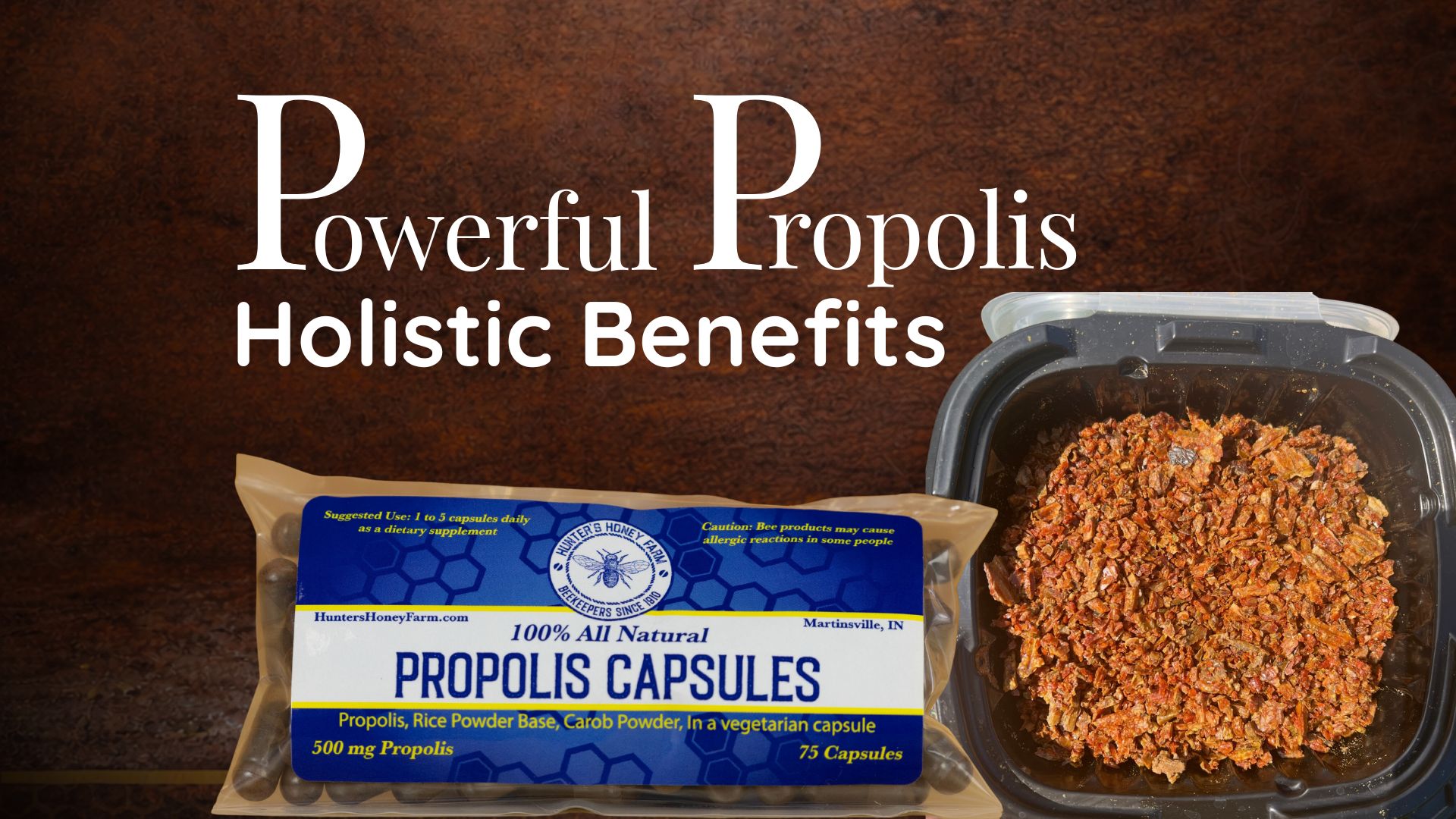
Click here to find our honey products at local retailers. Dismiss
Skip to content
The Truth About Honey and Infant Safety:
At Hunter’s Honey Farm, we take pride in offering pure, raw, natural honey straight from the hive. However, while honey is a delicious and nutritious food for children and adults, it is important to be aware of certain risks when it comes to infants under 12 months old.
Why Can’t Infants Have Honey?
The primary concern with honey and infants is the risk of infant botulism. Honey can contain spores of Clostridium botulinum, a type of bacteria that, while harmless to older children and adults, can be dangerous for babies under one year old. An infant’s digestive system is still developing and may not yet have the necessary gut bacteria to prevent these spores from producing toxins. If ingested, these toxins can lead to botulism, a rare but serious illness that affects the nervous system.
Symptoms of Infant Botulism
Infant botulism can cause symptoms such as:
If you suspect your child may have consumed honey and is showing any of these symptoms, it is essential to seek immediate medical attention.
Safe Ways to Enjoy Honey
Once your child is over 12 months old, honey can be a fantastic addition to their diet. It’s a natural sweetener rich in antioxidants and has soothing properties for sore throats. For older children and adults, honey can be used in teas, recipes, and natural remedies.
At Hunter’s Honey Farm, we are committed to transparency and education regarding our products. We always encourage parents to consult with their pediatricians regarding dietary choices for their infants.
For more information on honey and its benefits, explore our other blog posts or contact us directly!